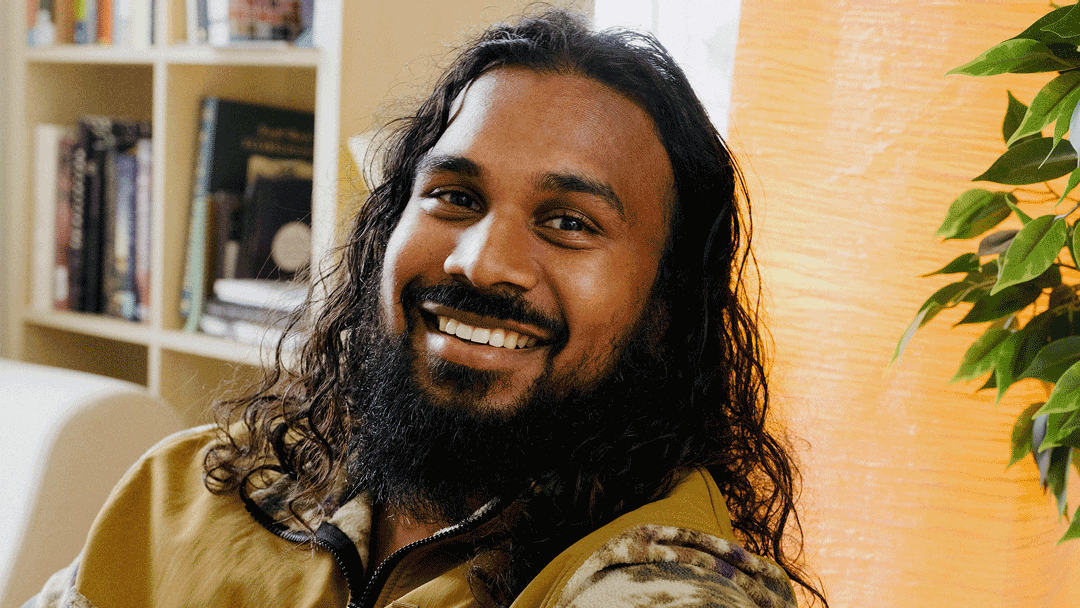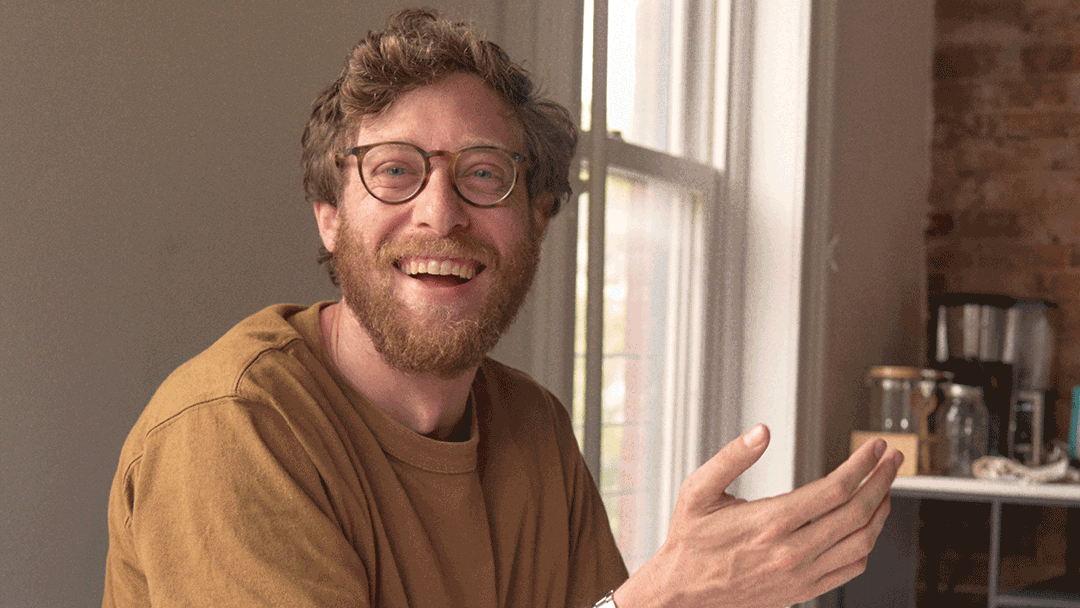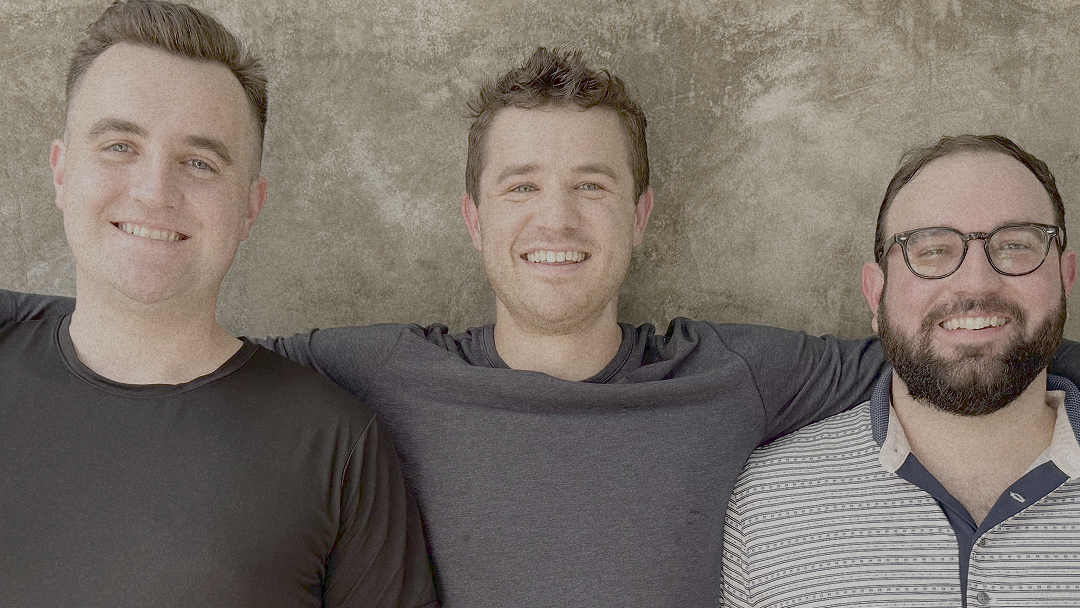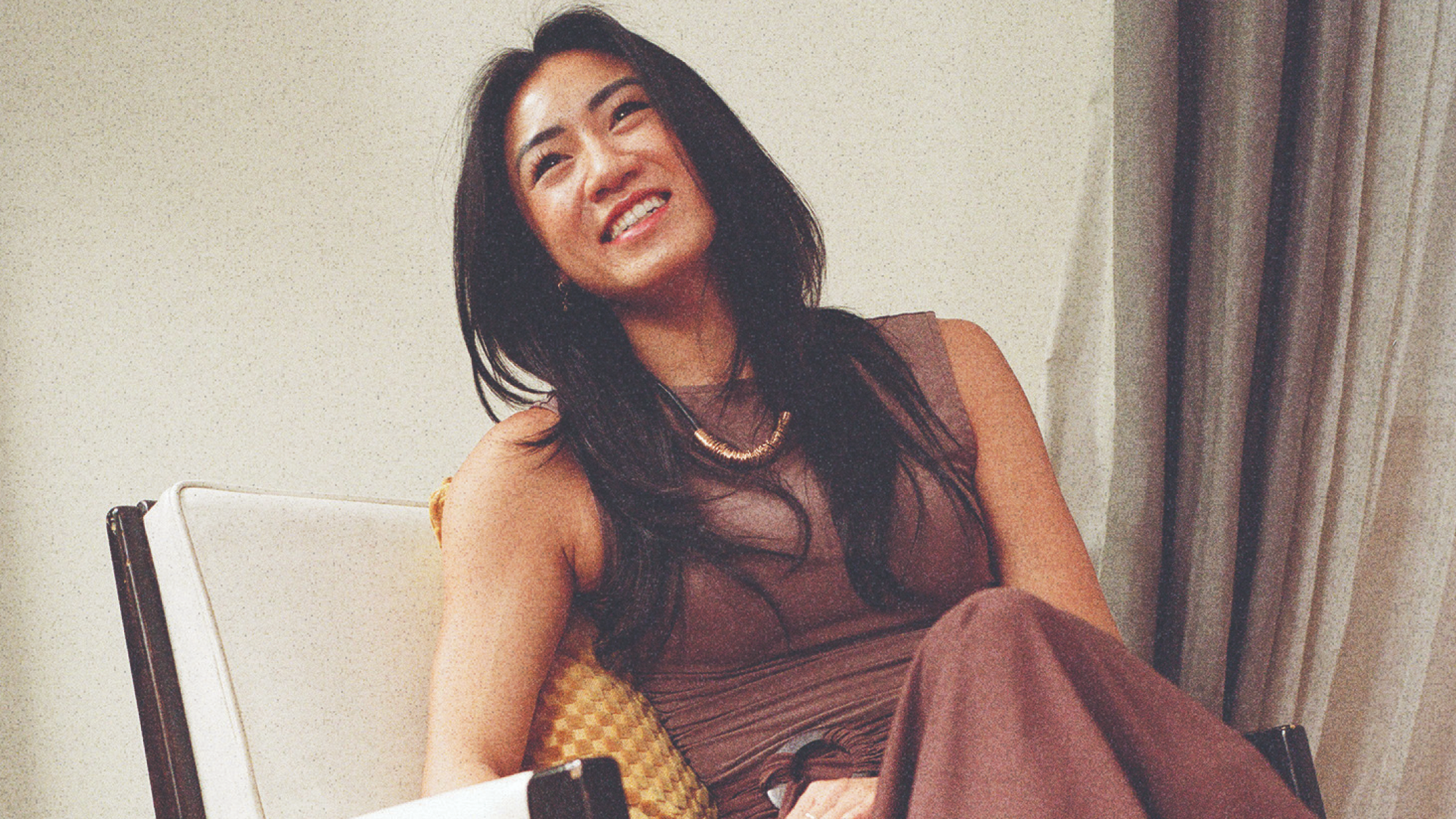Memory Bank: Vicente Zavarce of Yummy
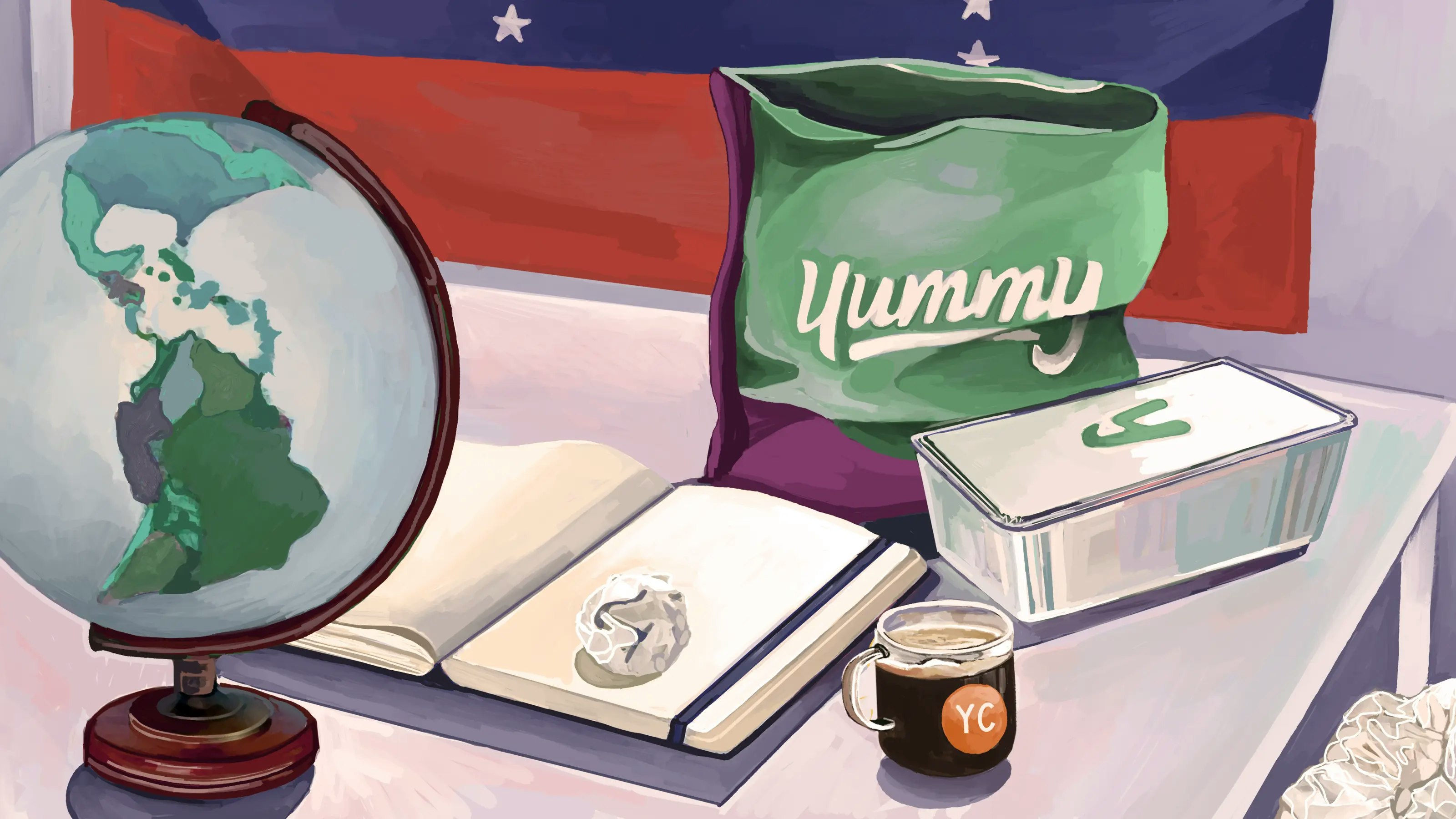
Elizabeth is a writer and dreamer based in San Francisco.
Memory Bank is a reflection on a galvanizing moment in a founder’s journey — a rare glimpse into the human side of their relationship with entrepreneurship, and their relationship with money. For Vicente Zavarce, building Yummy has allowed him to put global learnings into practice.
This story is written in the words of Vicente Zavarce, as told to Mercury writer Elizabeth Barton.
Growing up, my parents told me that it didn’t matter what I did for a career, as long as I strove to be the absolute best in whatever I chose to pursue — and this made sense to me. If I dedicated myself to opening a pizza restaurant, for example, I would try to make it the best pizza place in the world. Until my senior year of high school, I wanted to become a doctor — and by this line of thinking, the best doctor possible. But when people asked me what I wanted to do with a medical degree, I said I wanted to create the largest cosmetic surgery practice in the country, which was really just another way of saying: I want to run a business.
By this point in my life, corporate turnaround stories were just as exciting to me as a major football upset and I’d always been deeply curious about who made the products and services we used on a daily basis, whether it was smartphones or social media. When I moved to the U.S. from Venezuela to go to college, I joined the entrepreneurs’ club at my school. There, I heard countless stories from both aspiring and veteran founders. In this world of entrepreneurship, not only was failure likely — it was also completely acceptable. In America, I came to understand that innovation couldn’t thrive without failure. This realization changed my life.
After college, instead of pursuing entrepreneurship right away, I spent some time working in investment banking. But in the end, this experience — followed by a few years working at growth marketing startups like Wayfair, Getaround, and Postmates — only made me realize that entrepreneurship really was the right path for me, as well as the best way to create value out of thin air.
Growing up in Venezuela, I’d learned to be resourceful, I’d developed grit. Venezuelans don’t give up. They create businesses that support their lives and families; they’re scrappy in the best way. This mentality continues to shape my ethos, even today. At Yummy, the ecommerce Superapp we’re building for Latin America, my team is encouraged to fail and try again; failure means you are pushing the envelope and taking big bets. Realistically, we only need some of those big bets to work.
Speaking of big bets: We actually launched Yummy without investor money. Looking back, starting out with just our savings was crazy. But we had a high level of conviction. At one point, we were $75K down and $50K deep in credit card debt — it was scary. But this was the only way I could show investors what was possible in Venezuela using actual data rather than just words alone. Ultimately, this bold approach bore fruit, and our first successes helped us secure early-stage investors — like Ali Jamal, Ross Lipson, Justin Mateen, and Hustle Fund — who understood what we were trying to build. With capital at our disposal, I was able to deepen the bench of talent on the tech team, which tends to be the most expensive part of payroll.
Now, we have a business that sees a million transactions per month in Venezuela alone. It took a lot of effort and energy to get here, and even at this point in our story, sometimes it still only feels like day one. I often reflect on the moment I learned I was accepted into Y Combinator: my parents were visiting my wife and me in my one-bedroom San Francisco apartment, and Dalton Caldwell called, inviting me to join the Summer 2021 cohort. There, surrounded by the people I loved most, I received this game-changing news. It was a beautiful moment of validation for our business.
Over the course of my time as a full-time founder, my mindset around money has shifted a bit. Nowadays, I see money less as money and more as value. Money that goes into building a business, for example, is a means for creating more value. The money the company generates should be a reflection of the value it creates in the world. In this way, companies can be vehicles of value creation for entire ecosystems. I see entrepreneurship as the vessel to create human abundance worldwide. Everything I do at Yummy has this in mind for the markets we operate in.
Even though we’ve had to adapt to different fundraising environments over the course of our time building Yummy, the primary goal has never been to raise. The primary goal is to innovate in a way so that the whole ecosystem can win.
Operating a business in the country where I was born using the skills, tools, and resources made possible by my experiences in the U.S. is my version of the American dream. And that’s the dream I’m fortunate enough to be living — and giving my all to — right now.
About the author
Elizabeth is a writer based in San Francisco, whose work explores everything from nostalgia to the role of aesthetics in everyday life and the ways technology shapes our perceptions.
